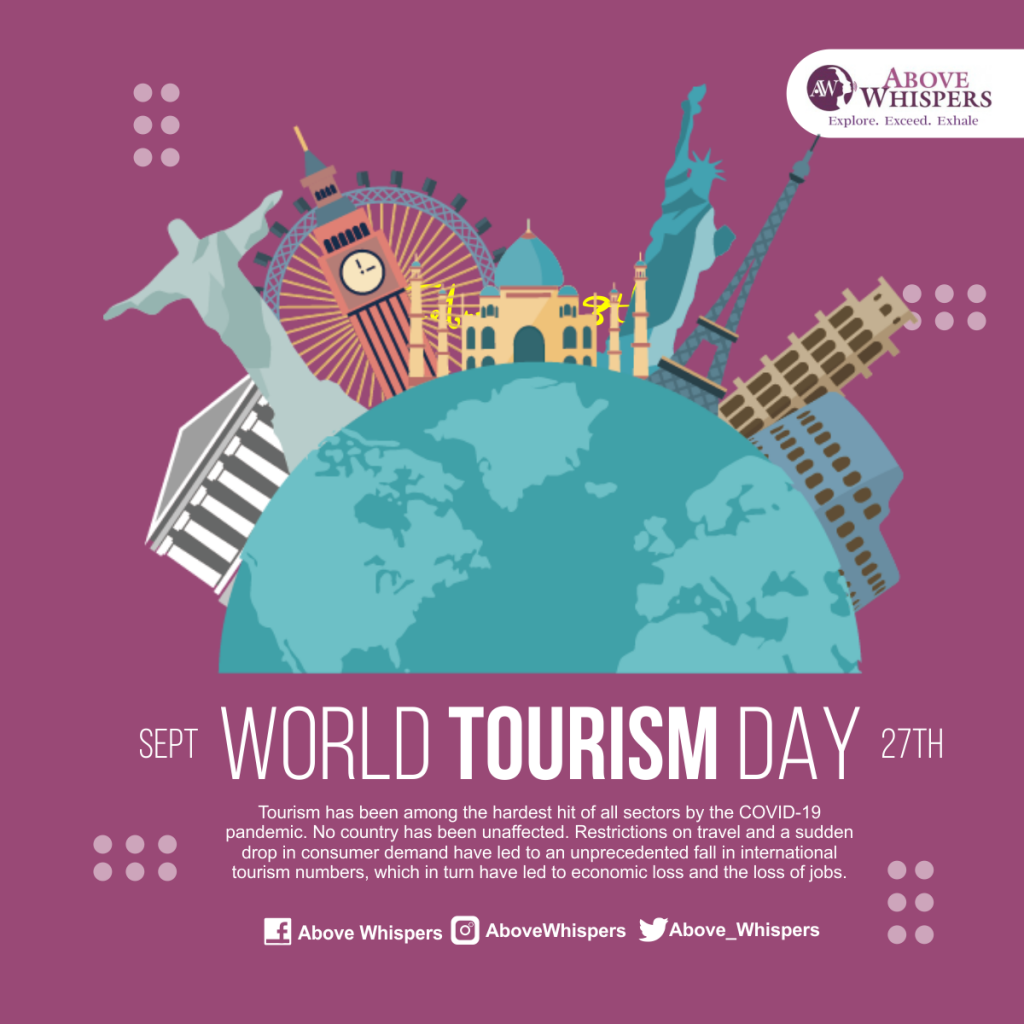Rebuilding tourism in a safe, equitable, climate-friendly way
Tourism has been among the hardest hit of all sectors by the COVID-19 pandemic. No country has been unaffected. Restrictions on travel and a sudden drop in consumer demand have led to an unprecedented fall in international tourism numbers, which in turn have led to economic loss and the loss of jobs.
Women, youth, and workers in the informal economy are the most at risk from tourism sector job losses and business closures due to the pandemic. At the same time, the destinations most reliant on tourism for jobs and economic growth are likely to be the hardest hit.
The tourism crisis is also a threat to wildlife conservation initiatives and to the protection of the world’s cultural heritage. The sudden fall in tourism revenues has cut off funding for biodiversity conservation. With livelihoods at risk in and around protected areas, cases of poaching and looting are expected to rise. With 90% of World Heritages Sites closed as a result of the pandemic, humanity’s cultural heritage is at risk in all parts of the world.
On this World Tourism Day, the COVID-19 pandemic represents an opportunity to rethink the future of the tourism sector, including how it contributes to the sustainable development goals, through its social, cultural, political, and economic value. Tourism can eventually help us move beyond the pandemic, by bringing people together and promoting solidarity and trust – crucial ingredients in advancing the global cooperation so urgently needed at this time.

The impact of COVID-19 on tourism
Data from the UN World Tourism Organization (UNWTO) shows that 100 to 120 million direct tourism jobs are at risk. The UN Conference on Trade and Development (UNCTAD) forecasts a loss of 1.5 to 2.8 per cent of global GDP. Check the last Secretary General’s policy brief about the impact of the pandemic on tourism and the roadmap towards a more sustainable and inclusive tourism sector.
The 2020 edition of World Tourism Day, with the theme of “Tourism and Rural Development”, will celebrate the unique role that tourism plays in providing opportunities outside of big cities and preserving cultural and natural heritage all around the world.
This year’s international day of observation comes at a critical moment, as countries around the world look to tourism to drive recovery, including in rural communities where the sector is a leading employer and economic pillar providing jobs and opportunity, most notably for women and youth.
Development through tourism can also keep rural communities alive. It is estimated that by 2050, 68% of the world population will live in urban areas, while 80% of those currently living in ‘extreme poverty’ live outside of towns and cities.
The situation is particularly hard for youth: young people in rural communities are three times more likely to be unemployed than older adults. Tourism is a lifeline, offering young people a chance to earn a living without having to migrate either within their home countries or abroad.
World Tourism Day 2020 will once again be celebrated by UNWTO’s Member States in all global regions as well as by cities and other destinations and by private sector organizations and individual tourists. It comes as communities in rural areas also struggle with the impacts of the COVID-19 pandemic. These communities are usually much less-prepared to deal with the short and longer-term impacts of the crisis. This is due to a number of factors, including their aging populations, lower income levels and the continuing ‘digital divide’. Tourism offers a solution to all of these challenges.
For the first time in the 40-year history of World Tourism Day, the official celebration will not be hosted by a single Member State of the United Nations specialized agency. Instead, nations from the Mercosur bloc (Argentina, Brazil, Paraguay and Uruguay, with Chile joining with observer status) will serve as joint hosts. This co-hosting agreement exemplifies the spirit of international solidarity that runs through tourism and which UNWTO has recognized as essential for recovery.

